“Only staying active will make you want to live a hundred years.”
-Japanese proverb
People born in the U.S. today can expect to live to an average age of about 79. A century ago, the life expectancy was closer to 54. “We’ve had a significant increase in lifespan over the last century,” says Dr. Marie Bernard, deputy director of NIH’s National Institute on Aging.
I don’t know about you, but I’d rather live healthier than longer. Although I wouldn’t be opposed to a long, healthy life.
Many say your life expectancy is determined by your genes. But genes are only part of the equation for most of us, says Dr. Thomas Perls, an aging expert and director of the New England Centenarian Study at the Boston University School of Medicine. “Research shows that genes account for less than one-third of your chances of surviving to age 85. The vast majority of variation in how old we live to be is due to our health behaviors. The key to healthy aging is to engage fully in life—mentally, physically, and socially.”
In a quick search of those that live in the so- called Blue Zones (the geographic regions where people live the longest), I found some interesting perspectives. According to scientists who have studied the five Blue Zones, “the keys to longevity are diet, exercise, finding a purpose in life, and forming strong social ties.” One of those blue zones is located in Okinawa, Japan where they live longer and have fewer diseases than anywhere else in the world.
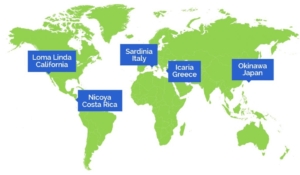
According to the Japanese, everyone has an ikigai. Our ikigai is the reason we get up in the morning. It’s having a purpose. Having a clearly defined ikigai brings satisfaction, happiness, and meaning to our lives. Another secret to the longevity and happiness of Ogimi’s residents is feeling like part of a community. From an early age they practice yuimaaru, or teamwork, and so are used to helping one another.” For many, helping other might be an ikigai strong enough to extend their lives.
Although Ikigai can extend your life, it seems the philosophy of Ikigai is more about living in the present and less about living for the future. Want to live longer and healthier? Find purpose in your everyday life, be present in the here and now, discover joy in the little things, and connect and support others.

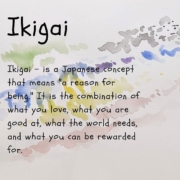
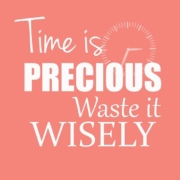
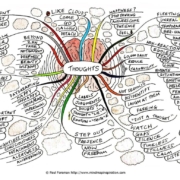
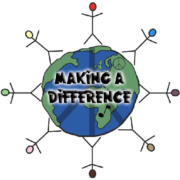
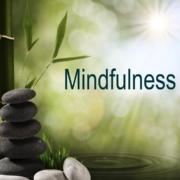
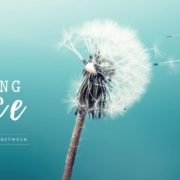
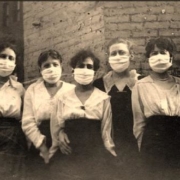


Leave a Reply
Want to join the discussion?Feel free to contribute!